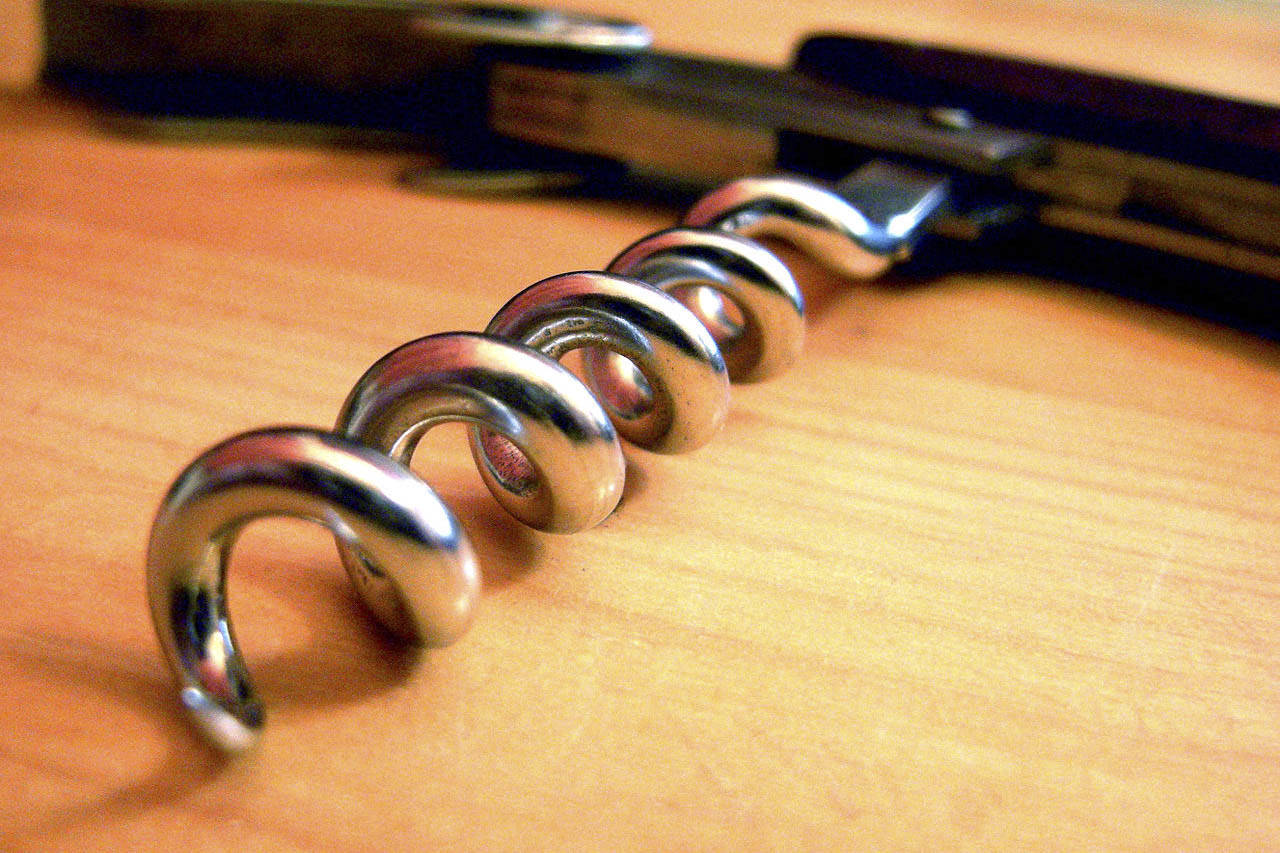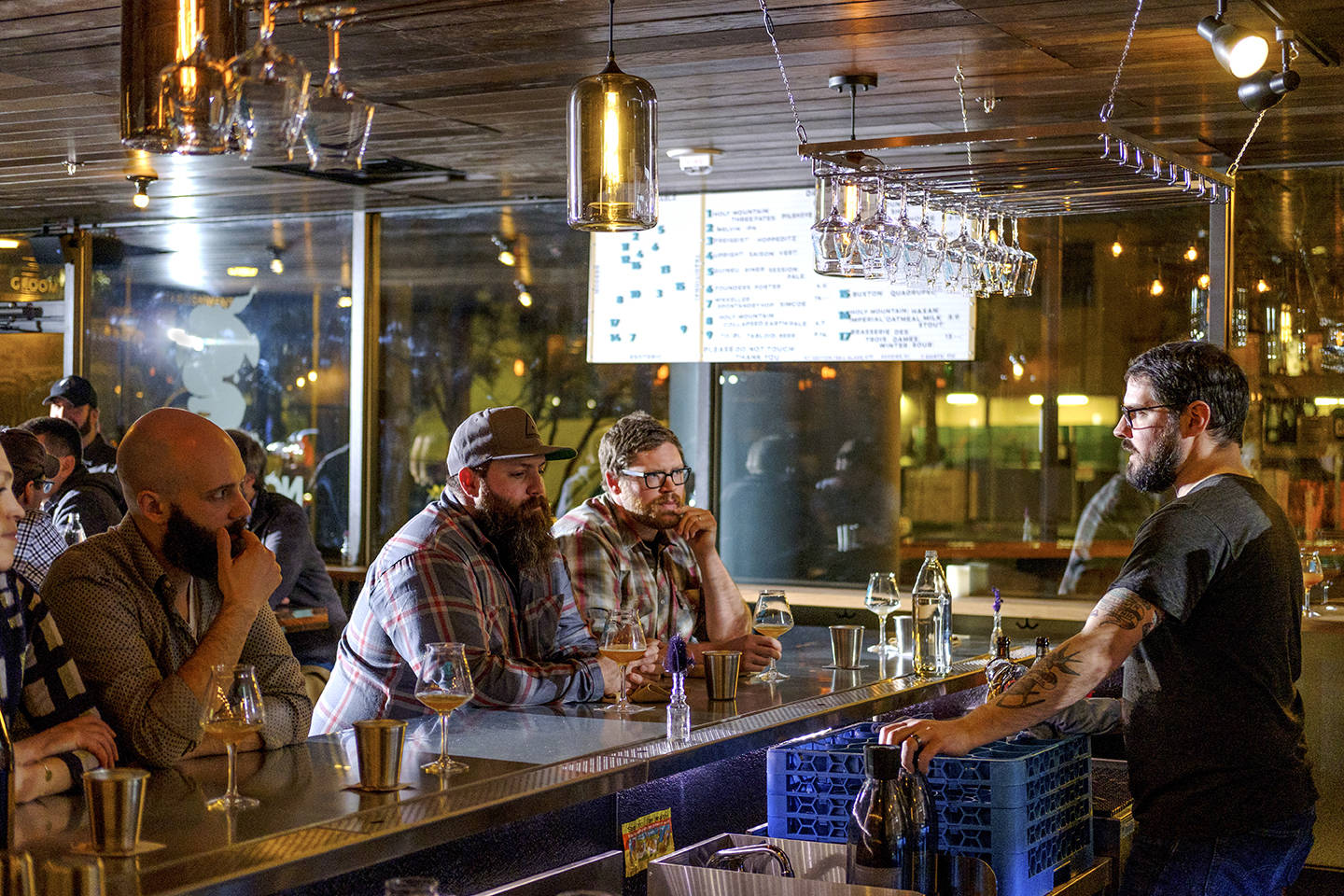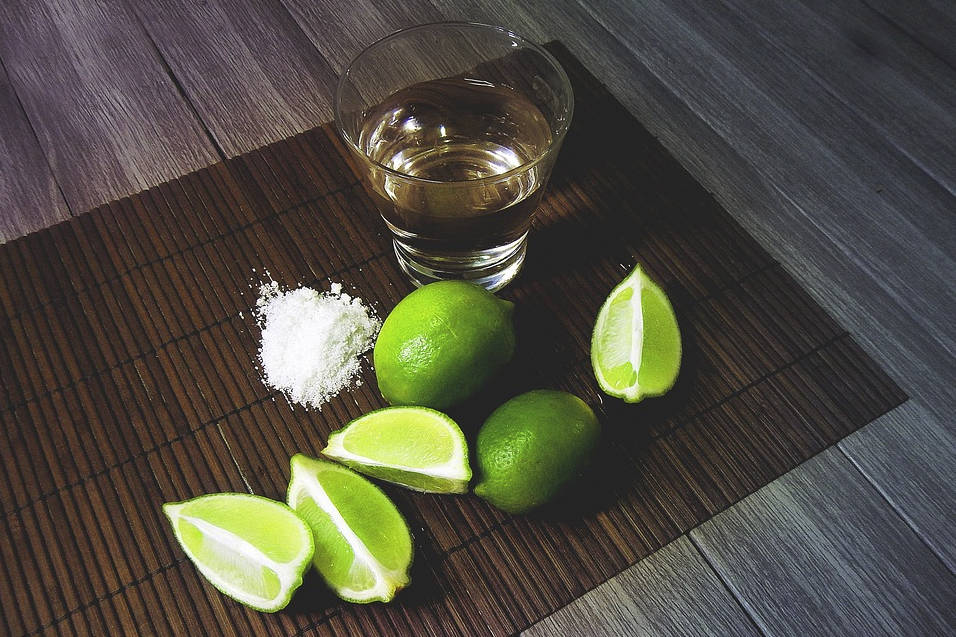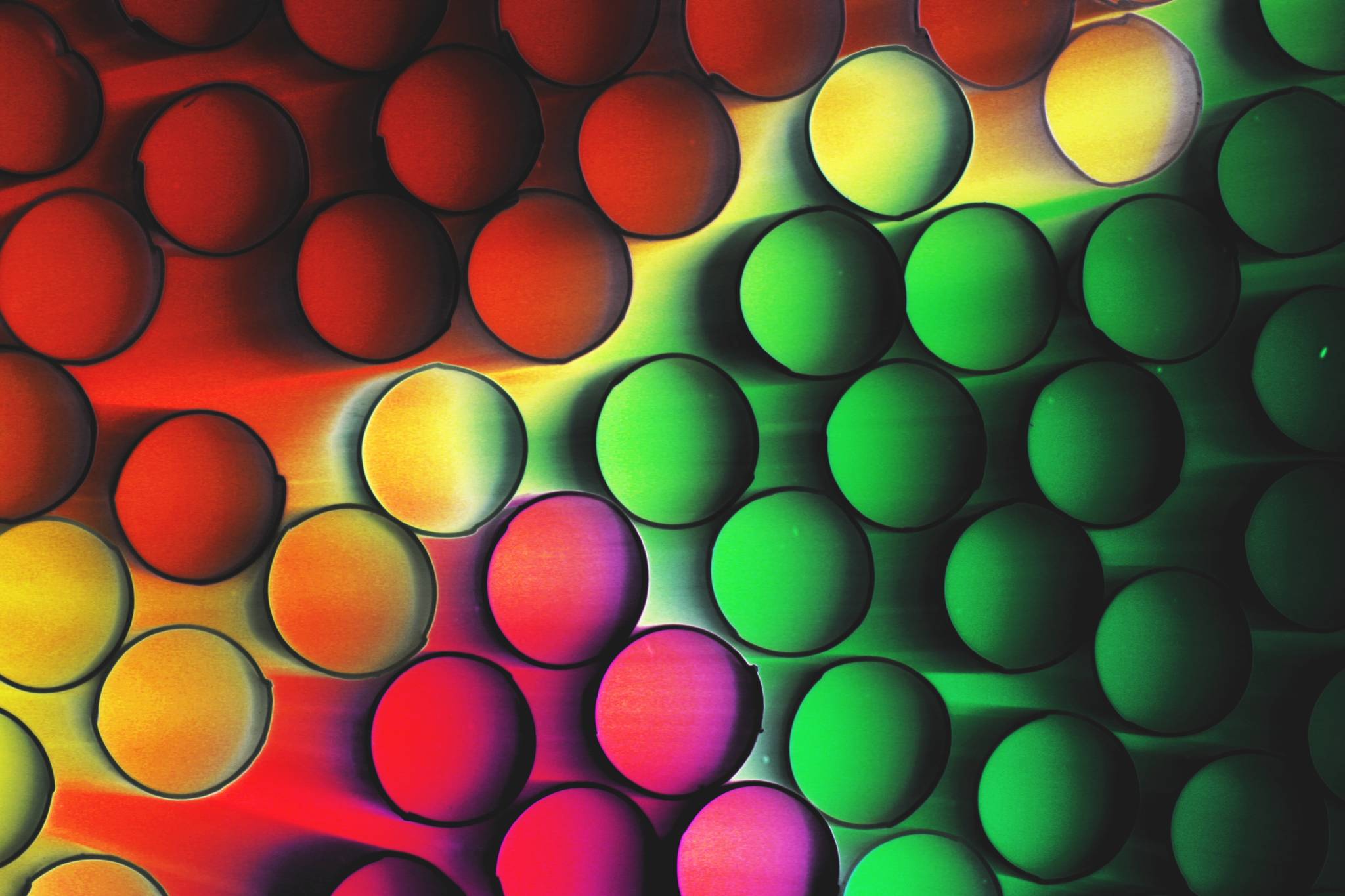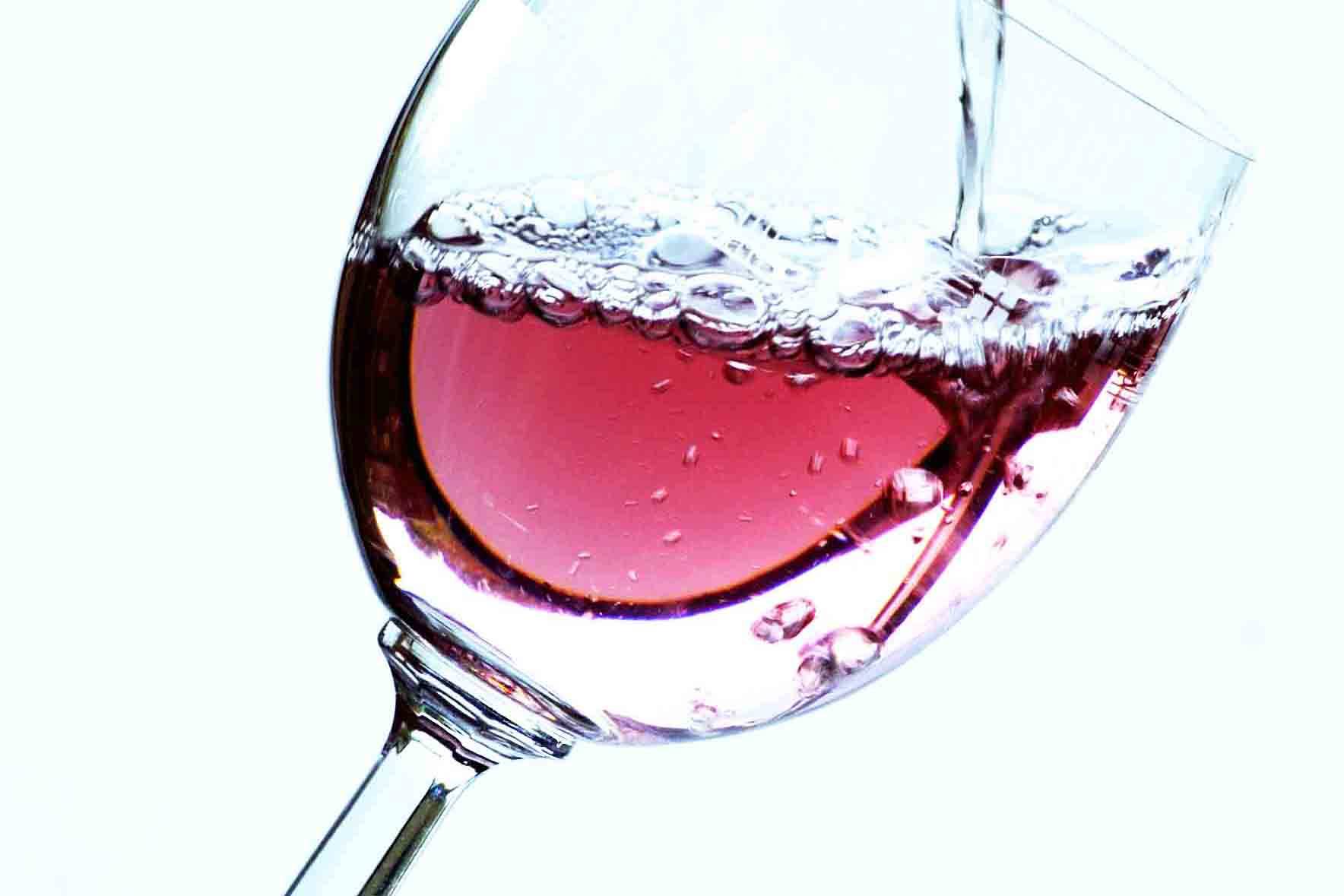It might seem strange to say, but a recent stop at the Ste. Michelle Wine Estates WSU Wine Science Center has convinced me that wine science will be as integral as anything else to the continued success of Washington wine. After all, we’re staring at a future of unpredictable growing seasons marked by potentially severe challenges like extreme heat, drought, and rampant forest fires, and while we certainly can’t rely just on science to solve our problems, it will be a huge part of finding workable solutions.
The benefits of a world-class teaching and research institution located in Washington wine country have been clear to the industry itself, which contributed heavily to the project. Techniques that would be risky or expensive for a winery to experiment with can be explored and refined in a laboratory before being promoted to winemakers and grape-growers. During my visit, I heard about experiments on how wildfire smoke affects grapes, and how to detect those affects prior to fermentation; typically smoke taint is detectable only after the wine is made.
For the past several decades, American wine education has been dominated by Cornell University in upstate New York, and the University of California-Davis near Napa Valley. UC-Davis in particular has had an enormous impact on so many elements of American wine production, from clonal selections to winemaking techniques to the now-ubiquitous aroma wheel invented by Dr. Ann Noble. While Washington State isn’t about to dethrone Davis, it’s great that it can look at the specific issues that arise in this state, as opposed to those in California. Our climate, soil, and water stress are different, so winemaking techniques learned in another region or at another school often require translation when brought to Washington’s wine industry.
That said, there’s danger in taking a purely scientific approach to winemaking. One criticism leveled at graduates of UC-Davis is that they often make wine by the book; they’re usually technically correct and devoid of flaws, but can lack the soul and nuance that mark the world’s best wines. It’ll be important for graduates of the Wine Science Center to understand that technical know-how is hugely helpful but not sufficient unto itself; fortunately, the curriculum is designed to teach not just winemaking, but also wine appreciation and sensory evaluation.
Most of all, the Wine Science Center serves as a feeder program for an industry that’s growing at a prodigious rate. While enhanced automation in some new wineries may reduce the need for lots of manual labor, there’s still a huge need for technical expertise, which goes a long way to explain why the Washington wine industry has been such a huge supporter of the program; it has the most to gain from its continued success … along with those of us who just love Washington wine.
barcode@seattleweekly.com
